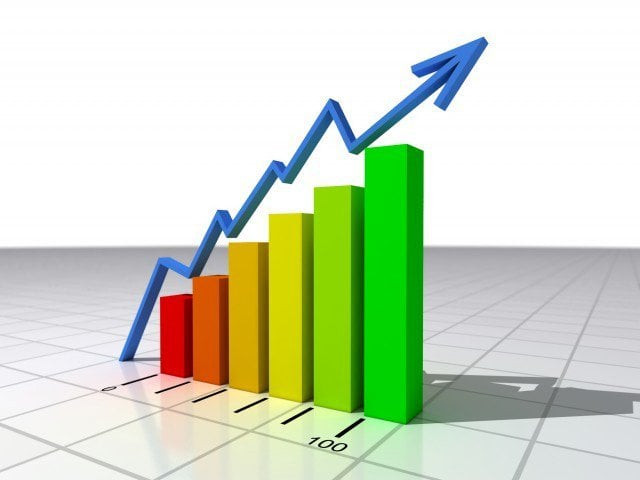Learning from history: Markets as institutions for prosperity and progress
Rejecting market economy is not just wrong, it is also ahistorical

Human beings have not suddenly woken up to market economy; they have built this institution gradually. However, it is true that they have moved from agriculture to industrial and now to information economy.
Earlier, prosperity was largely limited to royal courts and feudal lords, and wealth was a function of discretion by monarchs, as land – owned by the king – was considered the primary wealth creation instrument.
The Chinese, even before Muslims, had already made significant breakthroughs in scientific inventions. Those inventions, not backed by the industry, remained confined to the royal courts and could not be produced at a mass level. With the onset of industrial revolution, and expansion of market economy in Europe and the United States and then in Japan, the wide-scale usage of these inventions became possible.
With the institutions like stock exchange, administered without governments till the early 20th century, and in the absence of a central bank, human economy had made great leaps in democratising wealth.
The institution of corporate as legal entity, distinct from personal liability, is another modern human invention. This has also enabled expansion of wealth, creating opportunities for people outside the direct sphere of commerce.
Consider also how insurance, evolved about 300 years ago in an Italian church for the welfare of widows, has effectively replaced the traditional institution of charity. In the traditional model, human beings still help each other in the face of calamity or accident, however, the evolved model of insurance is certainly a more dignified manner of extending mutual help.
In this way, market economy has evolved as a human institution of wealth distribution, and not just wealth creation.
Finally, market economy has been allegedly associated with wars and violence. While again this may be true in and around world wars, human society has moved on. Currently, Organisation of Economic Cooperation and Development’s (OECD) defence-related expenditures are around $1 trillion, whereas its trade volume has reached $27 trillion. Market economy thrives on choice, and not on violence.
Who forces us to buy our shoes from multinational Bata and not the competing Pakistani brand Servis? Who forces us to eat from Dominos and not from Savor Foods? In fact, governments do force their political decisions on us, for example, the decision to finance wars through taxation or decision to build mega infrastructure through debts.
It is, therefore, governments and not markets that need to be held accountable for purported violence.
Lastly, market economy is a historical and human institution, just like democracy. Just as democracy has its own limitations, and even atrocities, such as those committed by Hitler, market economy also has many limitations and in the absence of law, it can resort to mafia economy. But to reject this institution by terming it unnatural is not just wrong, it is also ahistorical.
We should not discredit human genius which has created global prosperity, and its enabling conditions, for all. It is a matter of local policies, as well as dominant ideas, which can either connect us with this human juggernaut, or confine us to our home-spins.
The writer is the executive director of PRIME Institute, an independent think tank based in Islamabad
Published in The Express Tribune, June 1st, 2015.
Like Business on Facebook, follow @TribuneBiz on Twitter to stay informed and join in the conversation.



















COMMENTS
Comments are moderated and generally will be posted if they are on-topic and not abusive.
For more information, please see our Comments FAQ